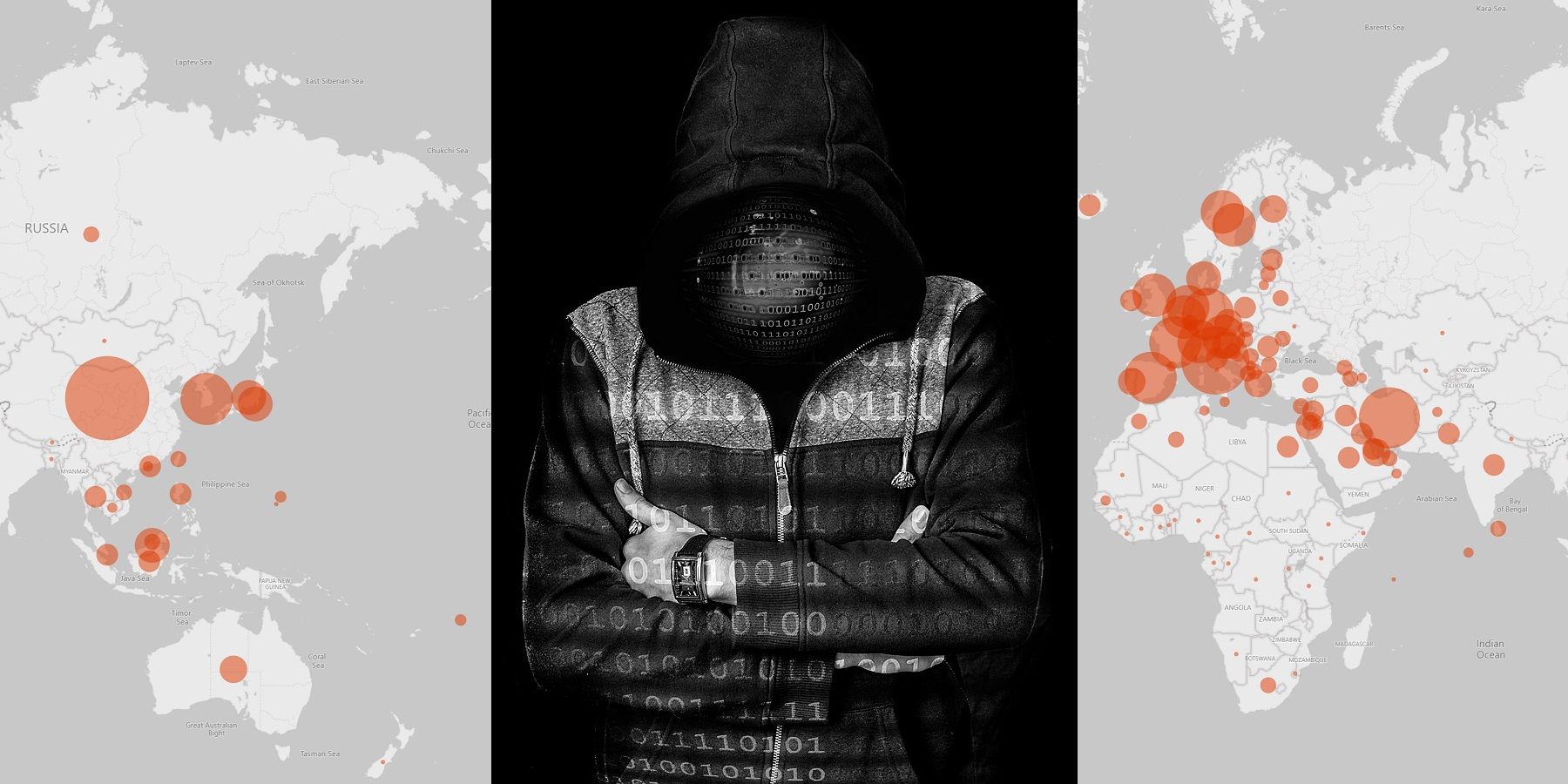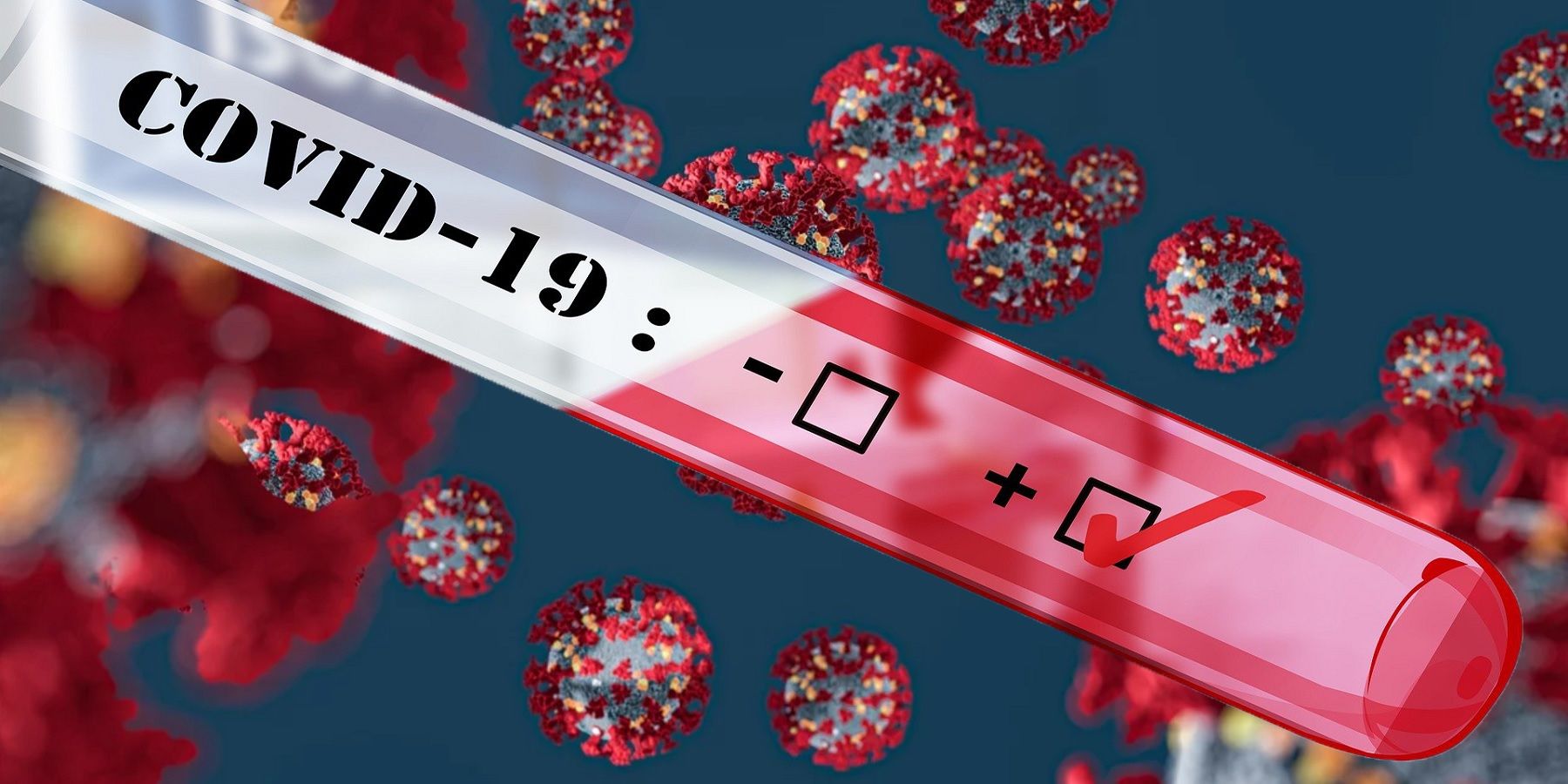Survivor blood and saliva is just one of many coronavirus scams and fakes cures currently for sale on the dark web. Ever since the outbreak started, the number of cases involving individuals and groups trying to take advantage of unsuspecting victims has constantly increased, highlighting the importance for consumers to be aware of the dangers related to the pandemic outside of infection.
The coronavirus crisis has caused widespread chaos and left many feeling vulnerable and with few measures available to protect themselves other than social distancing. As a result, hackers and various individuals have looked for ways they can use these vulnerabilities to their advantage. Some of the scams that have come to light previously include various types of text and email scams, free Netflix subscriptions, and even one where access to safety masks was used as bait. Although, most of these have occurred through the common web, there are plenty more taking place on the dark web..
The revealing of the dark web scams and fake cures comes from IntSights and is explained in detail in the company's new ‘The Cyber Threat Impact of COVID-19 to Global Business’ report. Most alarming of the scams and fake cures mentioned is the instance of a person claiming to have contracted (and survived) the virus offering their blood and saliva for $1,000. The main selling point with this so-called deal is that the blood and saliva contains antibodies - and therefore could be used to obtain immunity.
Blood & Saliva Not The Only Coronavirus Scam
While survivor blood and saliva is one of the more disturbing examples, it was not the only one. The report highlights how there has been a “surge” in coronavirus-related products on sale on the dark web, including “rapid test kits” for those finding it hard to secure a test elsewhere. In addition, coronavirus detectors are also on sale which, by all accounts, are small devices that you can apparently just point at someone and get a coronavirus infection reading in return.
Further adding to the worrying increase in ways vulnerable victims can be taken advantage of, the report was also full of many of the more typical scams often encountered online. For example, an increase in phishing domain registrations that look to utilize searches for common related terms, such as “corona” and “covid.” Similarly, an increase in phishing emails that look to provide information and resources on the virus at a click of a button, even though they actually redirect the user to malware instead. These were all in addition to the report finding a general uptick in various types of coronavirus-related malware and ransomware.
No matter whether on the dark or normal web, any service that offers a quick-fix solution to the current coronavirus outbreak is likely to be a scam of some kind. While there are plenty of legitimate companies working on real solutions, few have come to market yet, and when they do the information on them, and how to access them will be commonplace. While this is unlikely to be comforting to those seeking solutions right now, the reality is there are no quick-fix coronavirus answers currently available.
Source: IntSights


